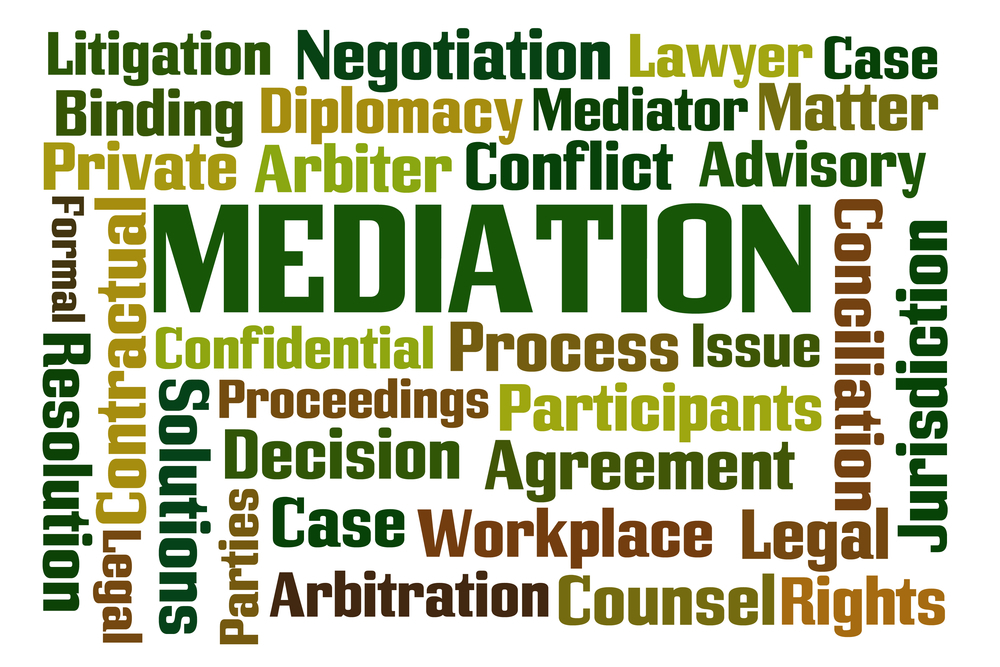
Going to court is anything but relaxing. With so many lawsuits being adversarial in nature, you may be considerably stressed out weeks and months before it is time to head into the courtroom; in fact, going to court and facing the other party you filed suit against—or vice versa—may seem like all-out war with everyone involved bent on winning.
Mediation takes the battle-like quality out of deciding a legal dispute and offers a host of other benefits that many find surprising upon experiencing the process (and problem-solving techniques used in the process are so helpful to some that they consider it a valuable lesson to be used throughout life). One of the greatest benefits, if you would prefer to keep a low profile regarding your legal issues, is that mediation is confidential. While many historical court battles have educated the public on rulings regarding important issues of the day, you probably prefer privacy as you hash out your disagreements with another party. (This does mean, however, that there are no transcripts of the process to refer back to.)
With the help of a neutral party in the form of the mediator, this form of alternative dispute resolution (ADR) is not decided by a lawyer, judge, or even the individual leading the process; instead, mediation is decided by the parties involved as they come to an agreement willingly. If you are a business owner engaged in mediation you may find the process to be especially valuable as long-term relationships have a better chance of being preserved. This could be with a vendor you might hope to continue working with after an agreement is reached, or an independent contractor or business partner you would like to end on good terms with.
Mediations have a very high success rate, and this is attributed to the relaxed atmosphere. Mediators usually spend more time with the parties in dispute also. Along with meeting with them before the process takes place, mediators can often put more detailed effort into researching the discussions at hand and considering the best ways the specific parties would be able to resolve their differences. Scheduling is much more flexible—and this can be a real perk for business owners with busy days (or nights). The mediator will usually work around their schedules, and rescheduling can be much easier too for a process that in some cases only takes a few hours to resolve.
Attorney Shane Coons is highly skilled in all methods of ADR, to include mediation, arbitration, and California’s judicial reference system. If you have a legal issue and want to learn more about the best alternative dispute resolution process for your case, please call Shane Coons now at 949-333-0900 or email us at Shane.Coons@seclawoffices.com.
